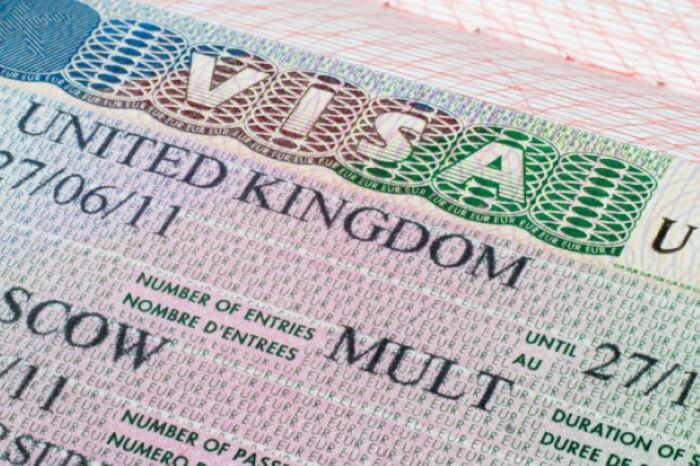
VISA RESTRICTIONS: UK UNIVERSITIES FACE FINANCIAL CRISIS

United Kingdom universities are grappling with severe financial difficulties due to recent restrictions on visas for international students.
On Thursday, university leaders called for an urgent increase in domestic tuition fees to help offset significant deficits, as reported by AFP.
The President of Universities UK, Sally Mapstone, which represents 141 higher education institutions, warned that the sector is “feeling the crunch” following the introduction of visa curbs last year.
She stated, “There is now a clear choice. We can allow our distinguished, globally competitive higher education system to slide into decline or we can act together.”
According to a report from the House of Commons, UK higher education institutions generated over £50 billion in total income during 2022-23, with a significant portion coming from tuition fees and grants.
International students, who pay higher fees than domestic students, have become a crucial revenue source for universities.
However, the government under former Prime Minister Rishi Sunak implemented restrictions on overseas student visas, including a ban on students bringing family members.
This policy was part of an effort to reduce record levels of immigration. As a result, there were 30,000 fewer international student applications in the first four months of 2024 compared to the same period in 2023, according to official data.
University officials have repeatedly raised concerns over the financial impact of the visa restrictions.
Mapstone revealed that the higher education sector is currently facing a £1.7 billion deficit for teaching and a £5 billion shortfall for research. Without urgent intervention, there are fears that some institutions may be forced to cut courses or even close their doors.
To address the growing crisis, university leaders are urging the government to raise domestic tuition fees, which have been capped at £9,250 since 2017.
Shitij Kapur, head of King’s College London, argued that fees should now be set between £12,000 and £13,000 to reflect rising costs.
At a Universities UK conference in Reading, new Labour Education Secretary Bridget Phillipson acknowledged the financial challenges faced by the sector.
“I can’t promise painless or immediate resolutions. But I do promise that these issues will get the attention and the commitment they deserve,” Phillipson said in a video message to attendees.United Kingdom universities are grappling with severe financial difficulties due to recent restrictions on visas for international students.
On Thursday, university leaders called for an urgent increase in domestic tuition fees to help offset significant deficits, as reported by AFP.
The President of Universities UK, Sally Mapstone, which represents 141 higher education institutions, warned that the sector is “feeling the crunch” following the introduction of visa curbs last year.
She stated, “There is now a clear choice. We can allow our distinguished, globally competitive higher education system to slide into decline or we can act together.”
According to a report from the House of Commons, UK higher education institutions generated over £50 billion in total income during 2022-23, with a significant portion coming from tuition fees and grants.
International students, who pay higher fees than domestic students, have become a crucial revenue source for universities.
However, the government under former Prime Minister Rishi Sunak implemented restrictions on overseas student visas, including a ban on students bringing family members.
This policy was part of an effort to reduce record levels of immigration. As a result, there were 30,000 fewer international student applications in the first four months of 2024 compared to the same period in 2023, according to official data.
University officials have repeatedly raised concerns over the financial impact of the visa restrictions.
Mapstone revealed that the higher education sector is currently facing a £1.7 billion deficit for teaching and a £5 billion shortfall for research. Without urgent intervention, there are fears that some institutions may be forced to cut courses or even close their doors.
To address the growing crisis, university leaders are urging the government to raise domestic tuition fees, which have been capped at £9,250 since 2017.
Shitij Kapur, head of King’s College London, argued that fees should now be set between £12,000 and £13,000 to reflect rising costs.
At a Universities UK conference in Reading, new Labour Education Secretary Bridget Phillipson acknowledged the financial challenges faced by the sector.
“I can’t promise painless or immediate resolutions. But I do promise that these issues will get the attention and the commitment they deserve,” Phillipson said in a video message to attendees.
![]()
